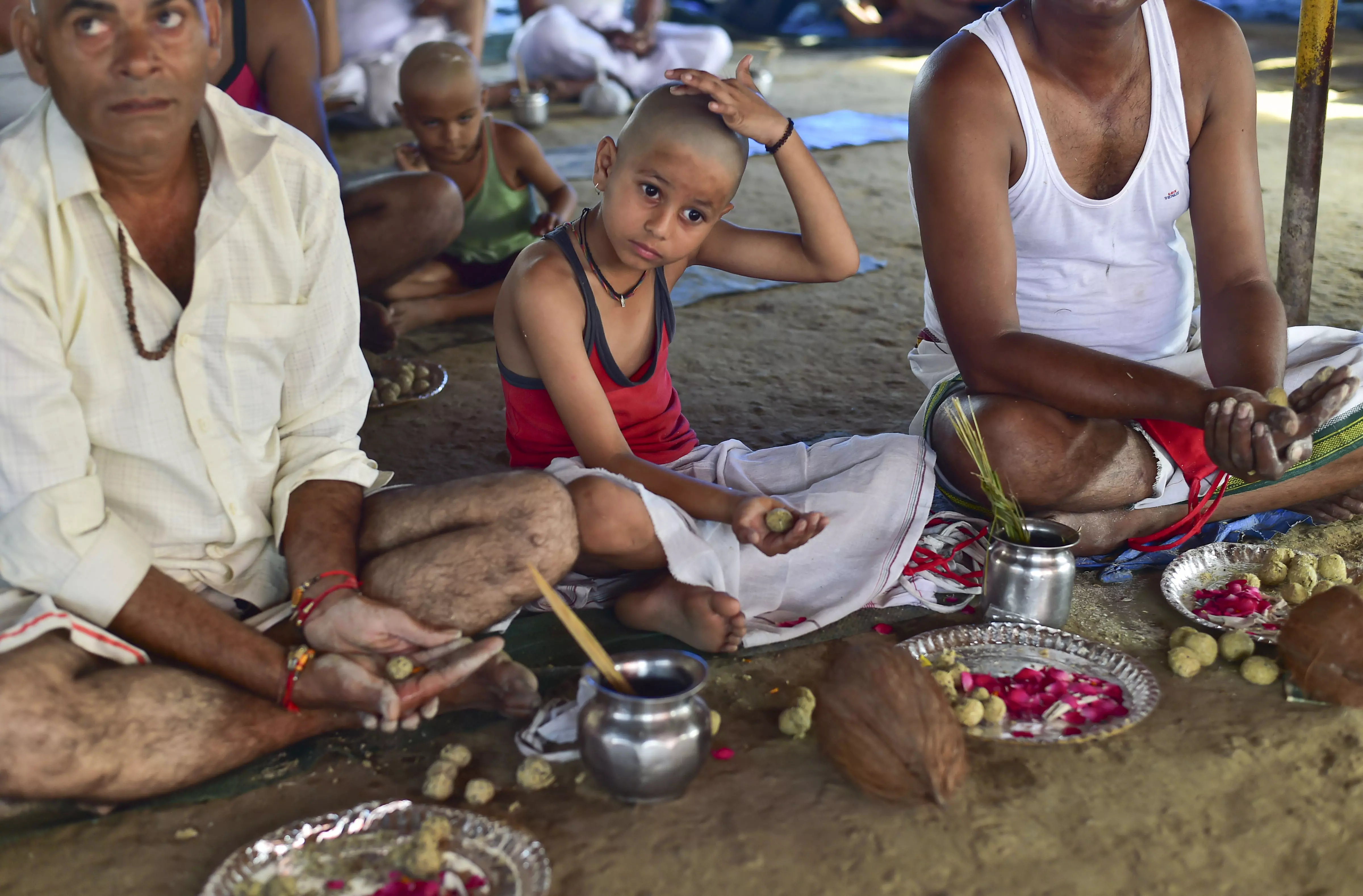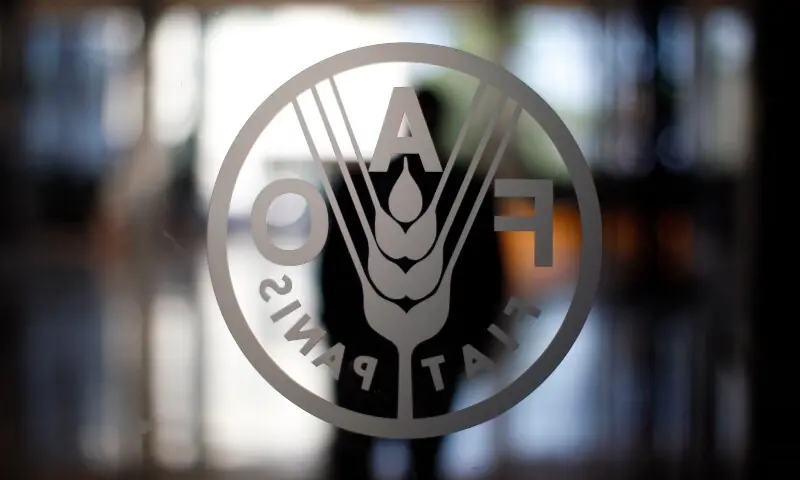By Guest Post
Copyright deccanchronicle

Pitru Paksha (translated to “the fortnight of the ancestors”) is a 16-day period in the Hindu calendar dedicated to worshipping ancestors. It is observed in the Hindu lunar month of Bhadrapada, usually falling within the Gregorian calendar months of September and October.This year’s Pitru Paksha began on Sunday, 7th September, and will conclude on 21st September with the observance of Mahalaya Amavasya, also known as Sarvapitri Amavasya. The final day holds the most significance for all devotees. In Hindu tradition, it is believed that the souls of deceased ancestors descend from the Pitru Loka to Earth, the realm where souls reside before their reincarnation, during this time. Numerous rituals are carried out throughout this period, from prayers to ceremonies and charity – all to help the souls of departed loved ones attain moksha, or salvation. The souls are said to experience thirst and hunger, awaiting the offerings that are made during the Shraddha ritual. When all the rites are performed correctly, the forefathers bless their succeeding generation with health, happiness, and prosperity. Observing Pitru Paksha also protects the living generation from Pitru Dosha, the karmic debt of ancestors, and brings peace to the ancestors’ spirits before their next life. Shraddha is performed according to the lunar death anniversary (or tithi) of the ancestor. In some cases, special days are allotted for people who died in a certain way or held a particular status in life. For example, the ninth lunar day is dedicated to women who died before their husbands, and the fourteenth day is reserved for those who suffered an unnatural or violent death. If the exact date of death is unknown, then the ceremony is performed on Mahalaya Amavasya, the final day of Pitru Paksha. The main ceremony, Shraddha Vidhi, is conducted either at home or under the guidance of a priest. It is said that the vidhi should be completed before sunrise by male family members, especially the eldest son of the family. The women of the house, too, pray and pay their respects to the departed. Pinda, or rice balls, are placed on banana leaves or plates over a bit of darbha grass as offerings to the late relatives to nourish their souls. Each of their names and their gotra is mentioned before chanting mantras to invoke their presence and invite them to feast. Other dishes like kheer, puri, and seasonal vegetables are also offered during the prayer. During this period, auspicious occasions such as marriages, housewarmings, and new business ventures are postponed, as the fortnight is reserved for paying homage to forefathers instead of celebrating earthly milestones. Activities like eating non-vegetarian food, drinking alcohol, and gambling are strictly prohibited as well. Pitru Paksha is a time to embrace humility, gratitude, and spiritual connection before welcoming new beginnings with renewed blessings from the dear departed.This article is authored by Tejasree Kallakrinda, interning with Deccan Chronicle



